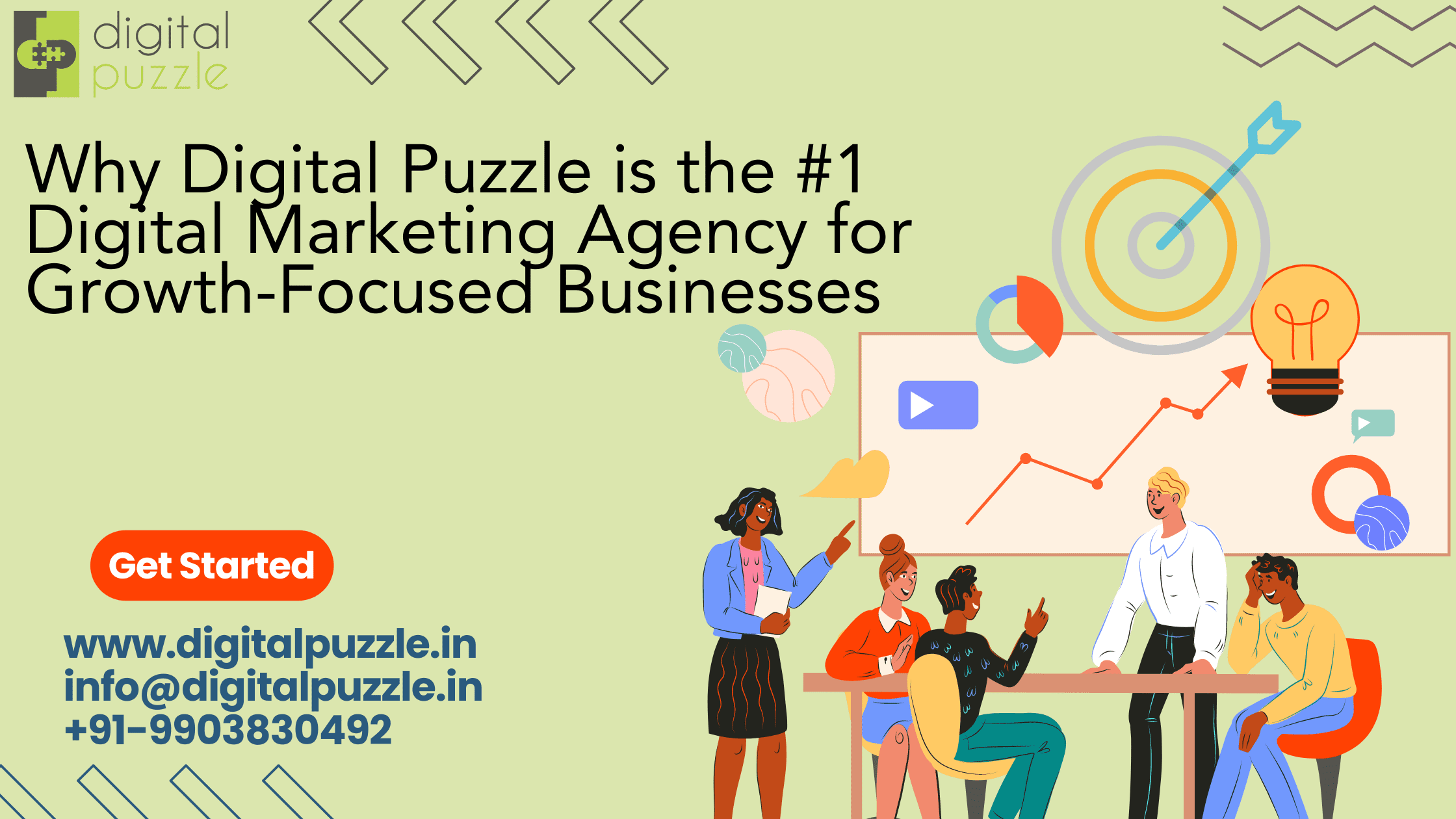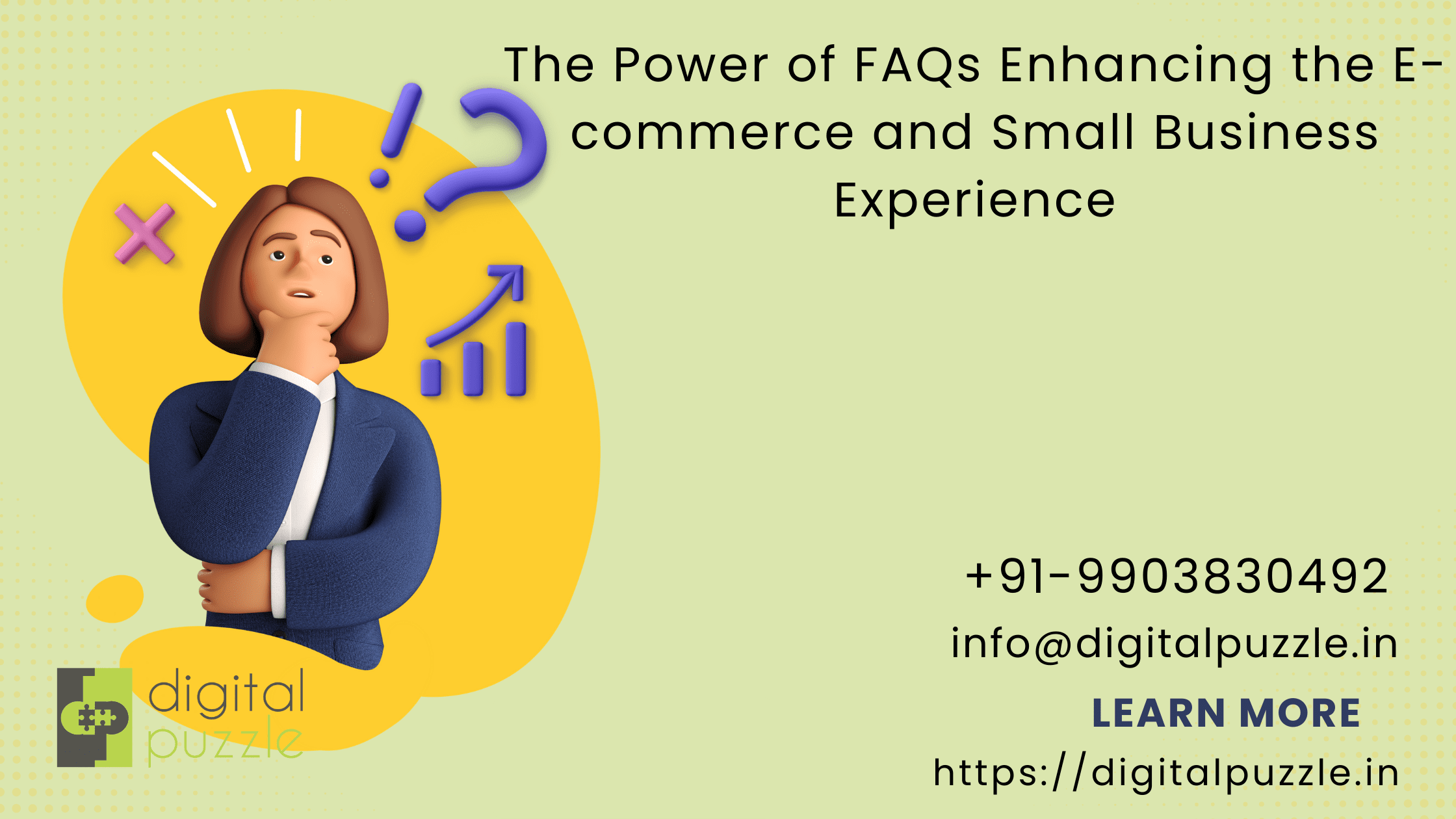blog

Unlocking the Power of AI How Your Best Content is Discovered
In today’s digital age, content marketing has become an essential tool for businesses looking to attract and retain customers. However, creating great content is only half the battle – the other half is ensuring that your content is reaching and engaging your target audience. In today’s fast-paced digital age, content marketing has become a crucial strategy for businesses looking to attract and retain customers. With millions of pieces of content being created and shared online every day, it can be challenging for businesses to cut through the noise and engage their target audience. However, creating great content is only half the battle – the other half is ensuring that your content is reaching and resonating with your audience. This is where artificial intelligence (AI) comes in. By leveraging the power of AI, businesses can gain insights into which pieces of content are resonating with their audience and use that information to refine their content marketing strategy.
AI can help businesses to better understand their audience, analyze their behavior, and identify patterns and trends that can be used to create content that resonates with them. For example, AI can analyze user behavior to suggest related pieces of content that are most likely to be of interest to users based on their browsing history and previous interactions with your content. It can also analyze user comments and feedback to determine the overall sentiment towards your content, helping you identify which pieces of content are most popular and address any negative feedback to improve future content. This is where artificial intelligence (AI) comes in. By leveraging the power of AI, businesses can gain insights into which pieces of content are resonating with their audience and use that information to refine their content marketing strategy.
1. Natural Language Processing (NLP) – AI can analyze the text of your content to identify keywords, topics, and themes that are most likely to resonate with your audience. This analysis involves breaking down the text into smaller parts, such as words and phrases, and then analyzing their meaning and context. By understanding the language used in your content, AI can help you optimize your content for search engines and improve its overall relevance to your target audience.
2. Sentiment Analysis – AI can analyze user comments and feedback to determine the overall sentiment toward your content. This analysis involves classifying user comments as positive, negative, or neutral, and then using this information to identify trends and patterns in user feedback. By understanding how users feel about your content, AI can help you identify which pieces of content are most popular and address any negative feedback to improve future content.
3. Collaborative Filtering – AI can analyze user behavior to identify which pieces of content are most often viewed or engaged with by users with similar interests. This analysis involves collecting data on user interactions with your content, such as page views and click-through rates, and then using this information to identify patterns and trends in user behavior. By understanding what types of content are most popular with your audience, AI can help you tailor your content to your audience’s preferences and increase engagement rates.
4. Content Recommendation Systems – AI can analyze user behavior to suggest related pieces of content that are most likely to be of interest to users based on their browsing history and previous interactions with your content. This analysis involves collecting data on user behavior, such as their search history and previous interactions with your content, and then using this information to suggest related pieces of content that are most likely to be of interest to users. By suggesting related content, AI can help increase page views and keep users on your website for longer periods.
5. Predictive Analytics – AI can use historical data to predict which pieces of content are most likely to be successful in the future. This analysis involves collecting data on past content performance, such as engagement rates and conversion rates, and then using this information to predict which pieces of content are most likely to be successful in the future. By predicting which pieces of content are most likely to be successful, AI can help you plan your content strategy and create content that is more likely to resonate with your audience.
6. A/B Testing – AI can help you test different variations of your content to determine which performs best with your audience. This analysis involves creating multiple versions of the same content, such as different headlines or images and then testing these versions with your audience to see which performs best. By testing different variations of your content, AI can help you optimize your content for maximum engagement and conversion rates.
In conclusion, by leveraging the power of AI, businesses can gain insights into which pieces of content are resonating with their audience and use that information to refine their content marketing strategy. From analyzing user behavior to predicting future content success, AI can help businesses create content that resonates with their audience and drives business results.
Read More



